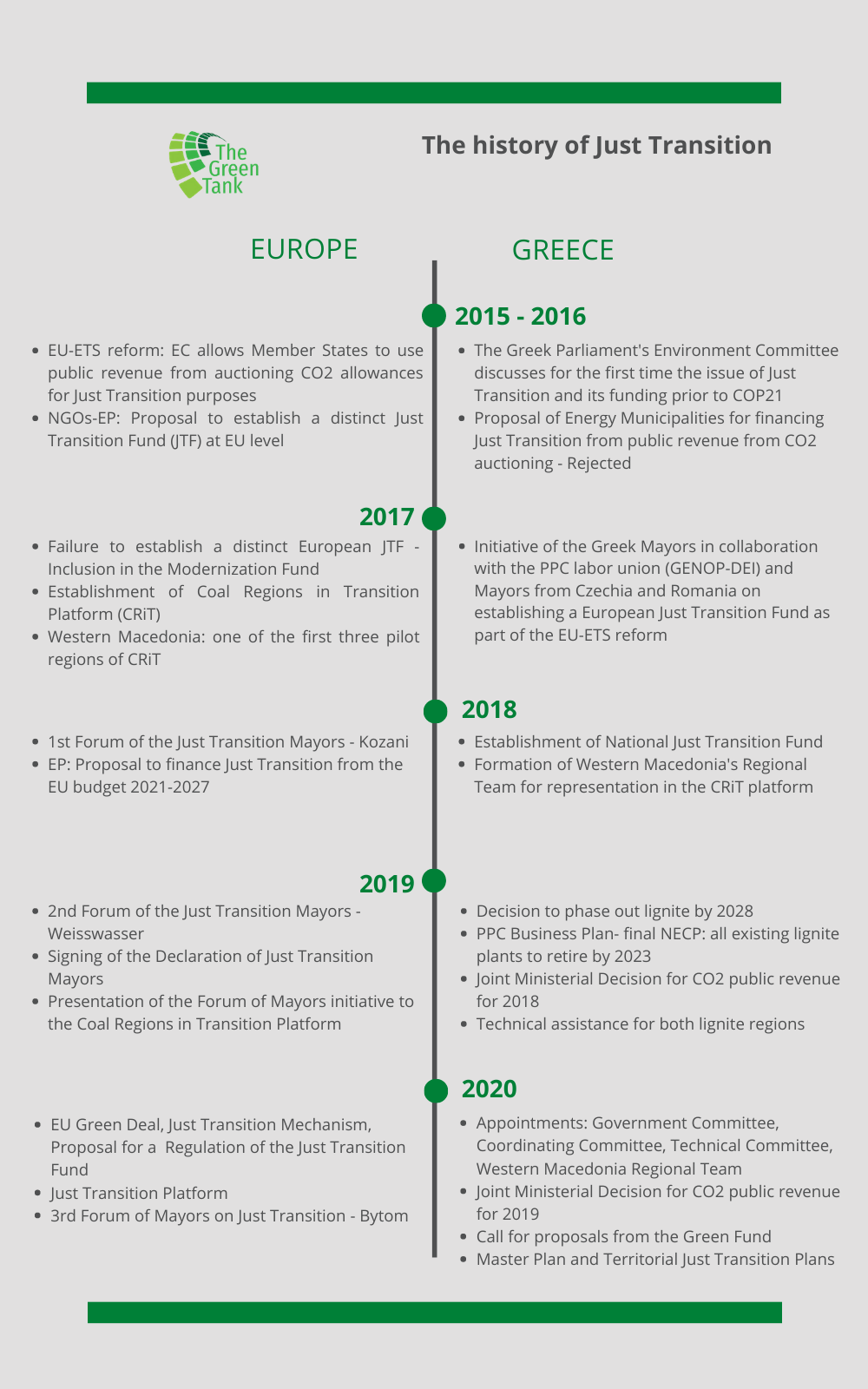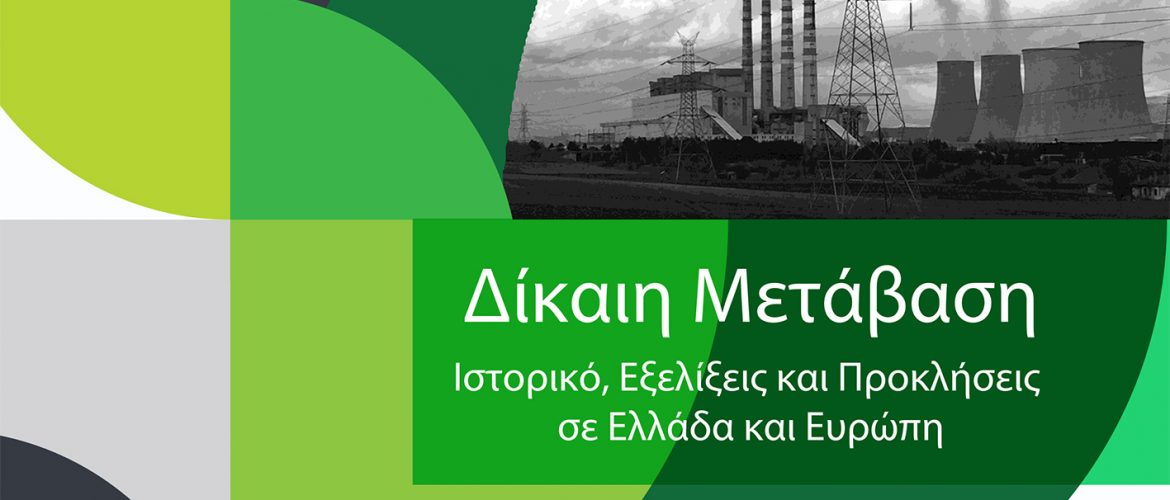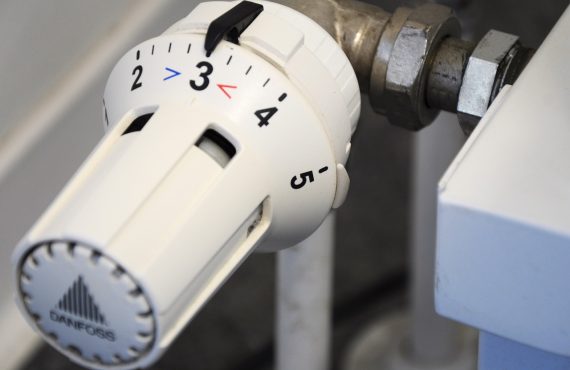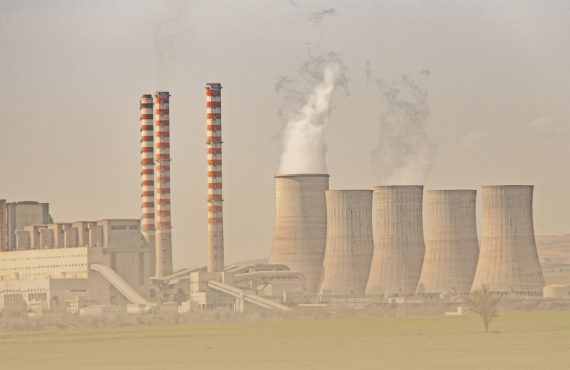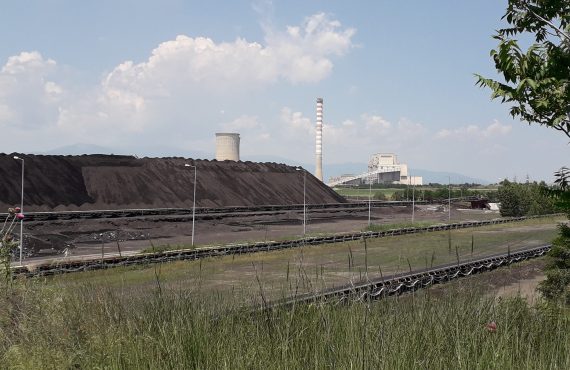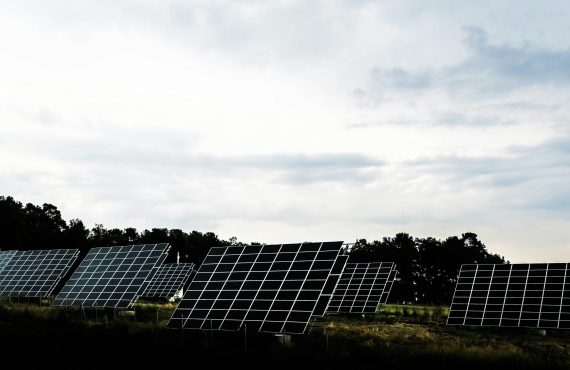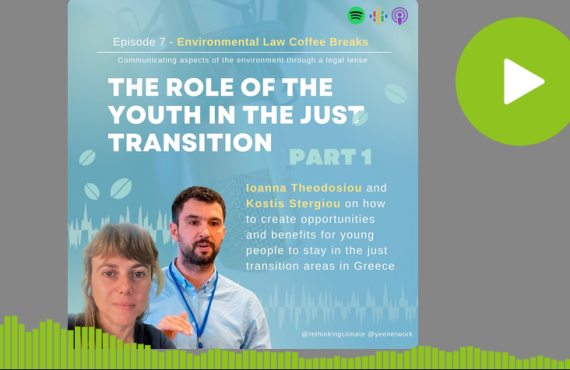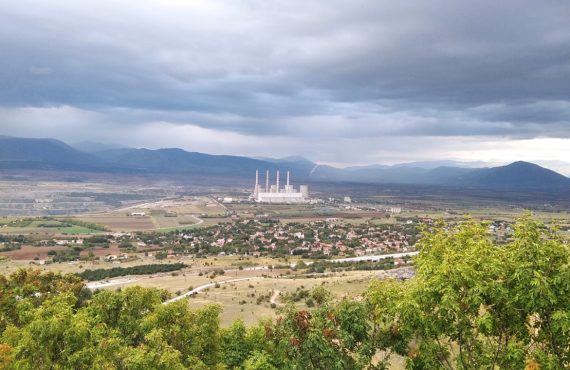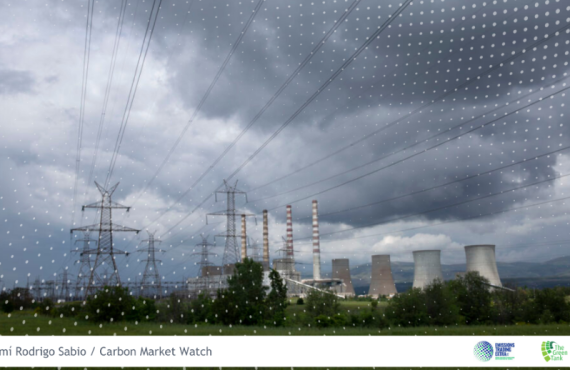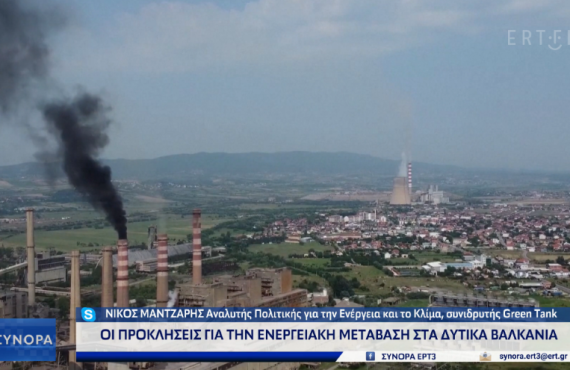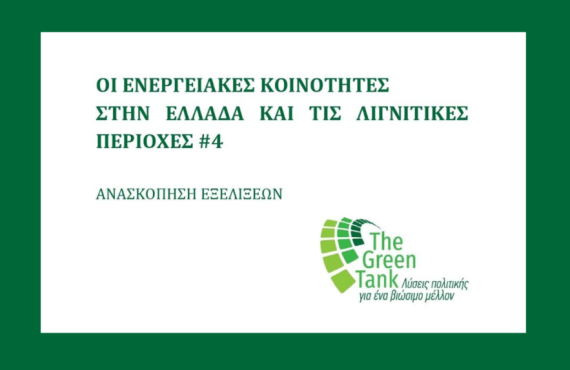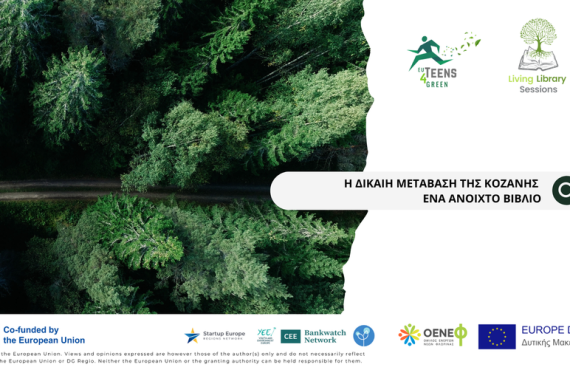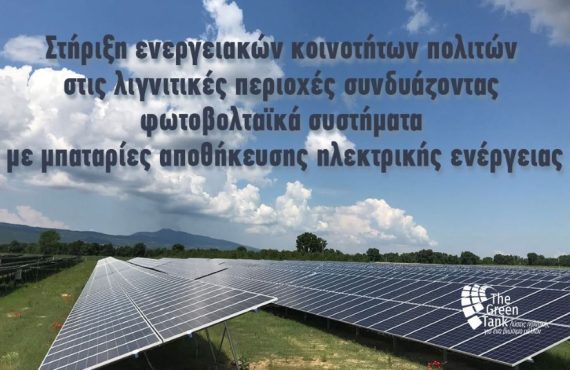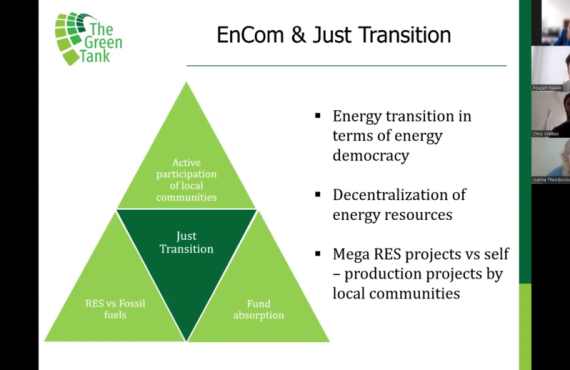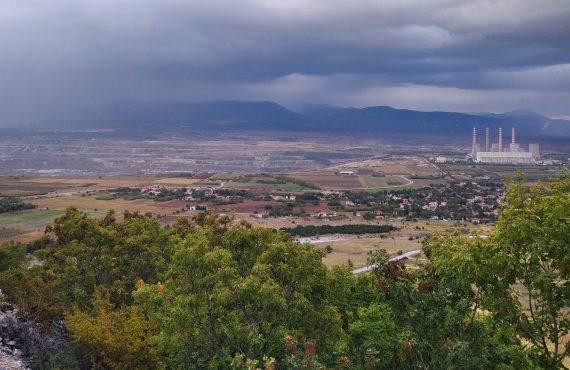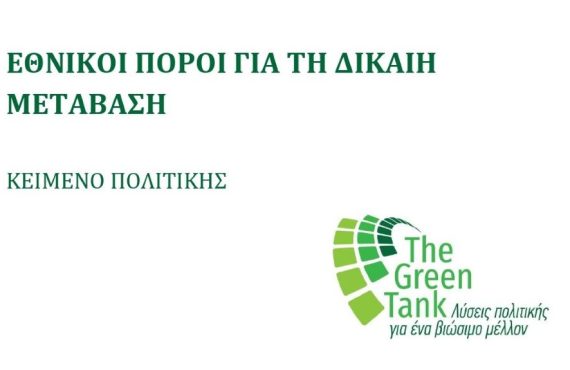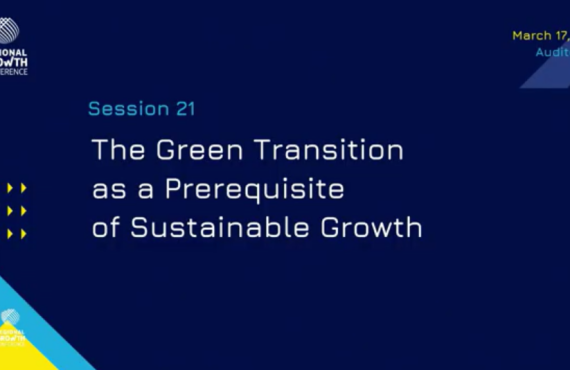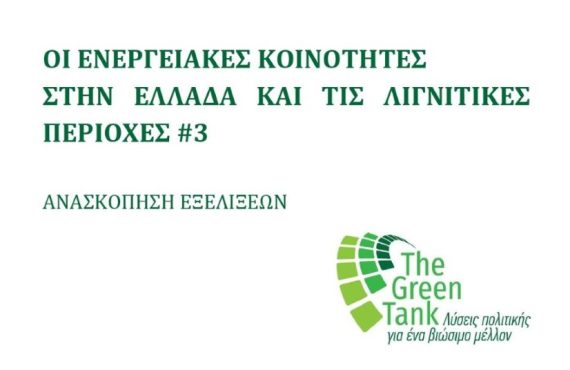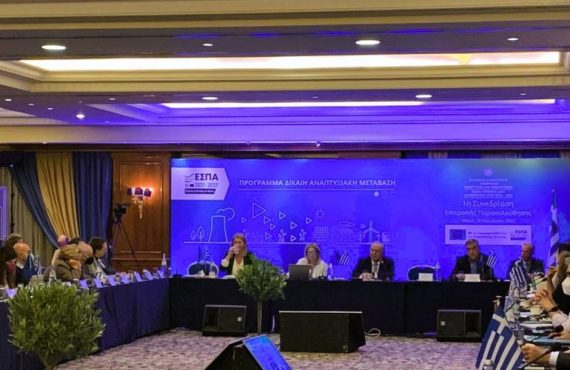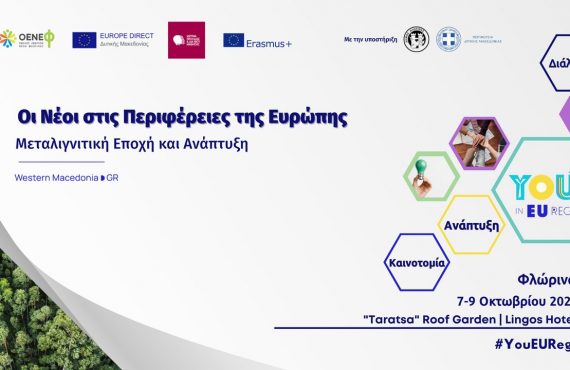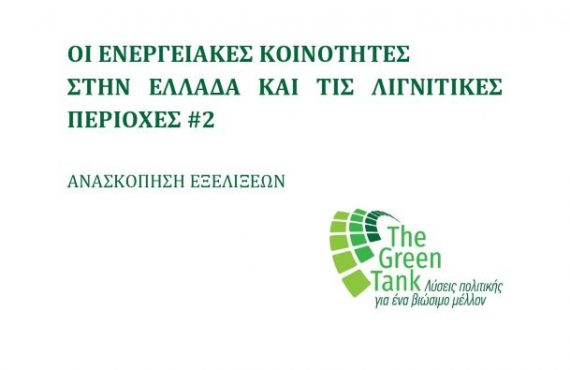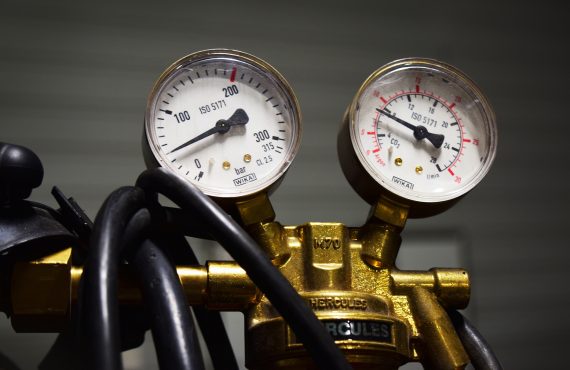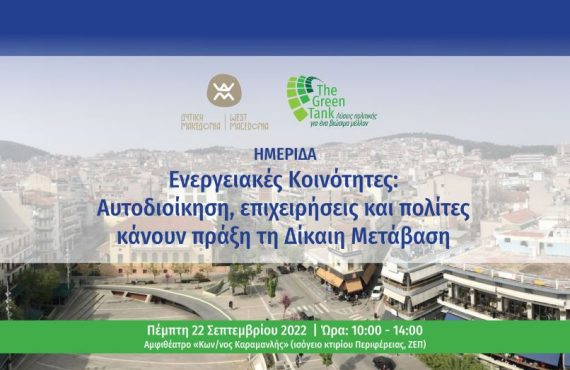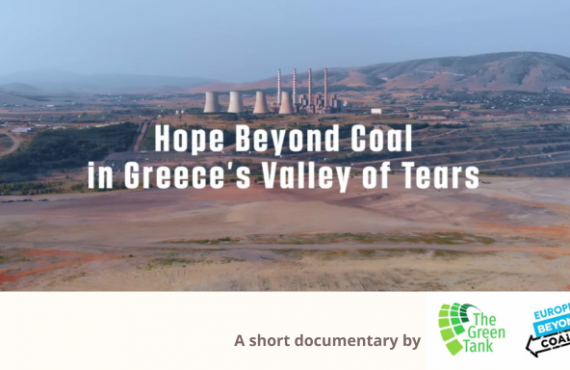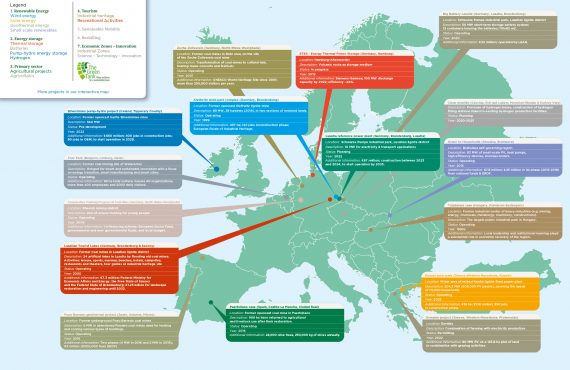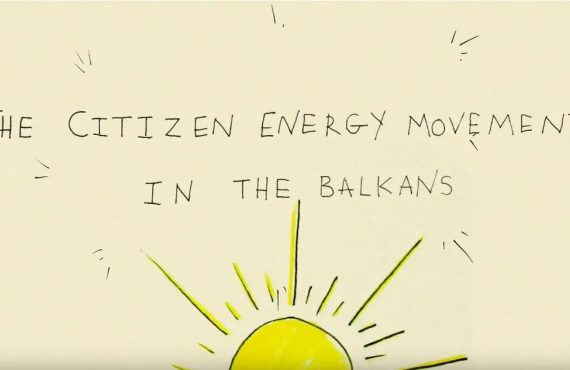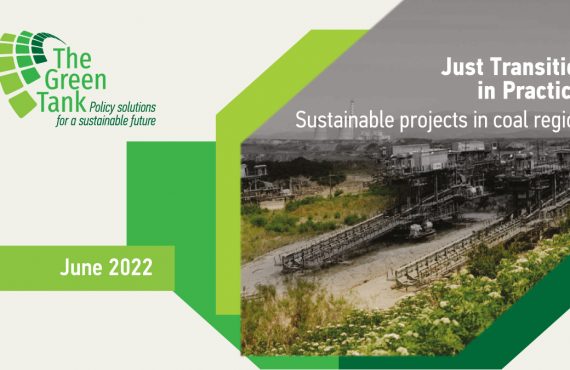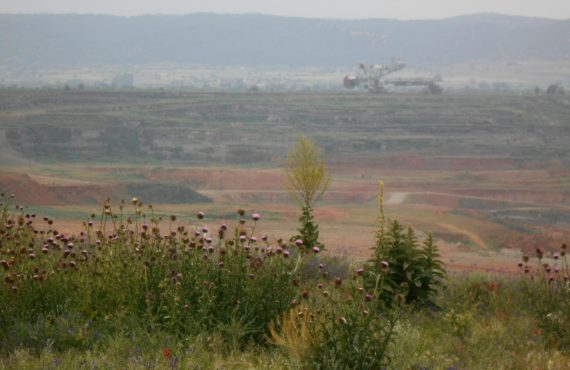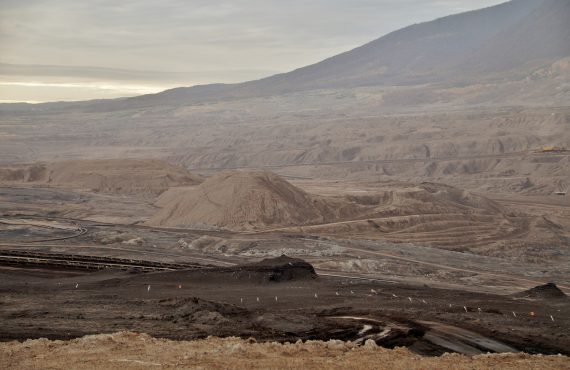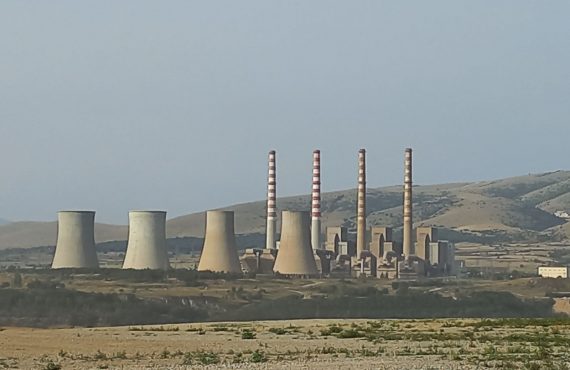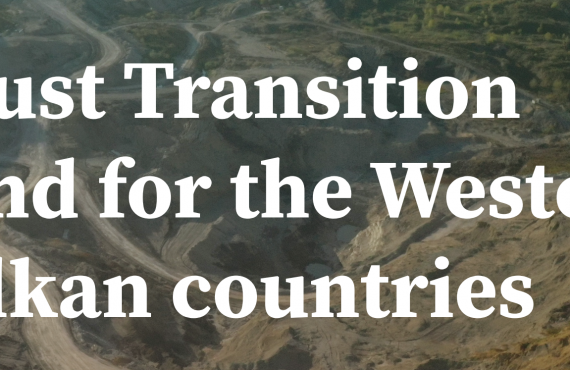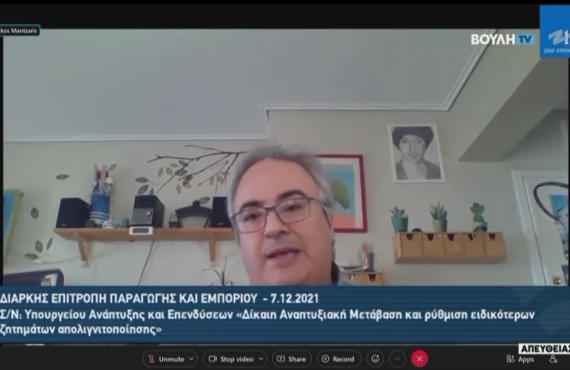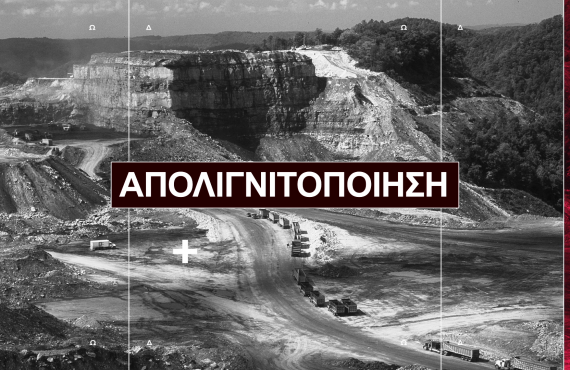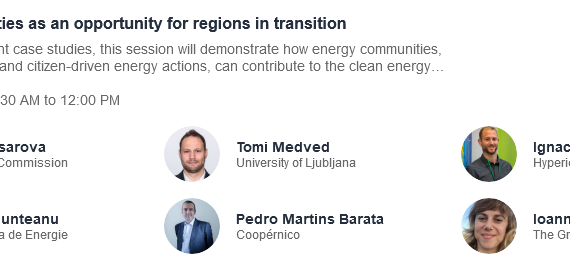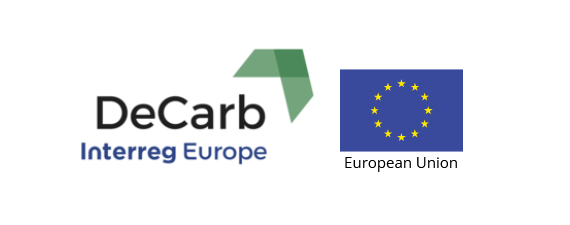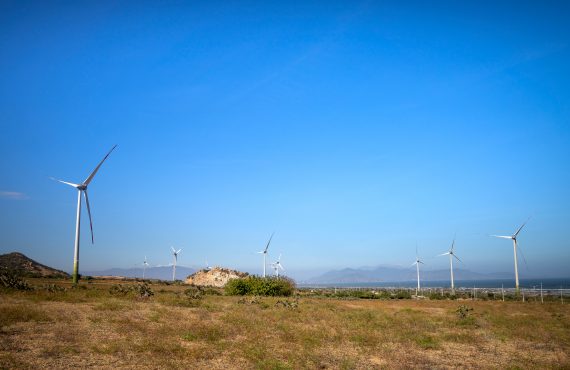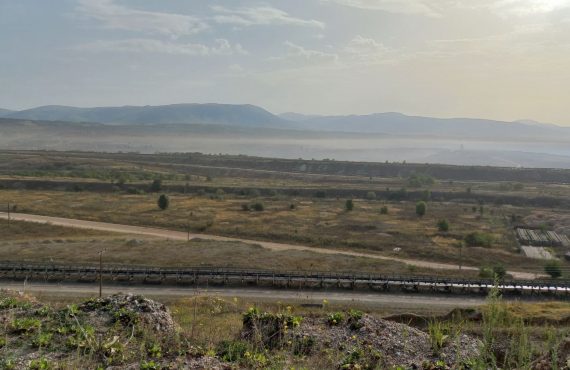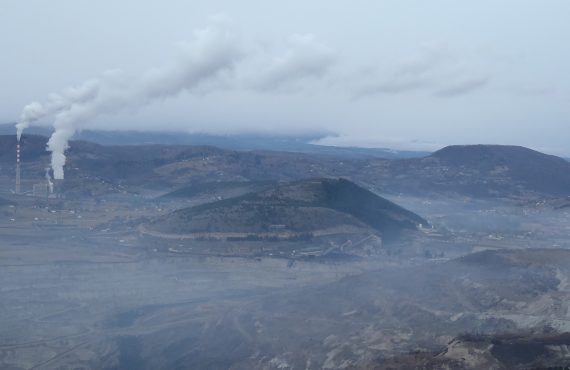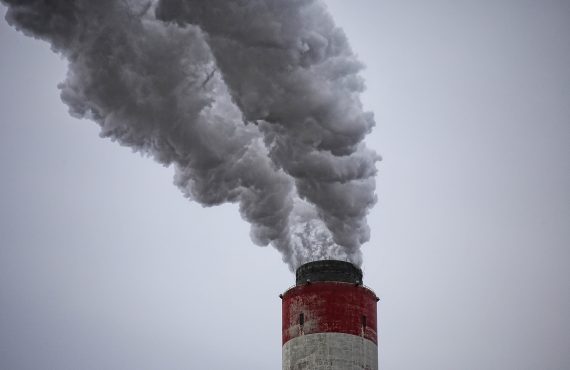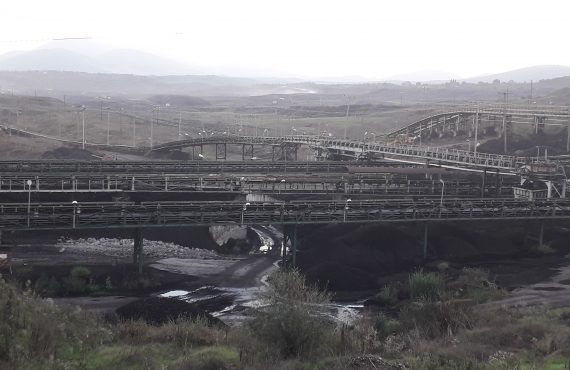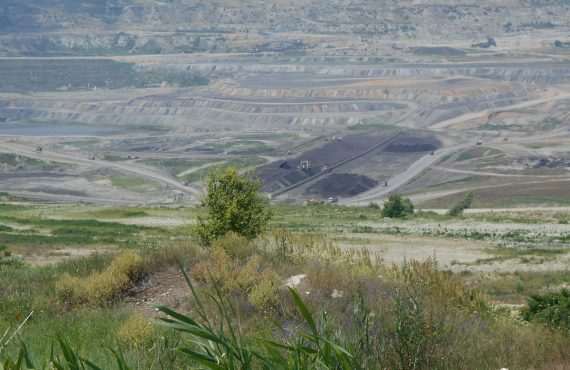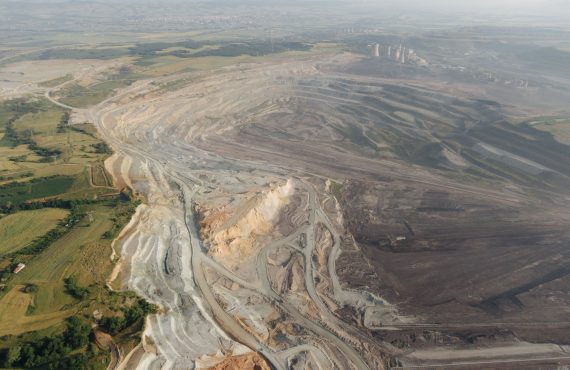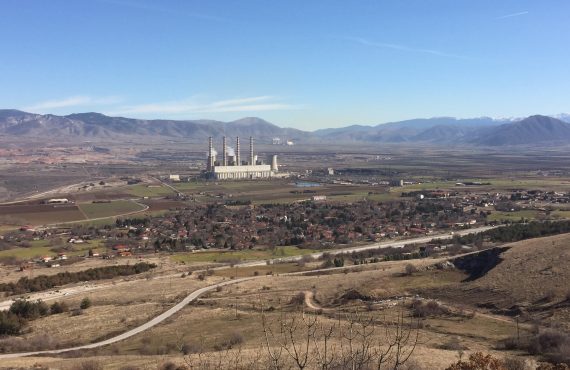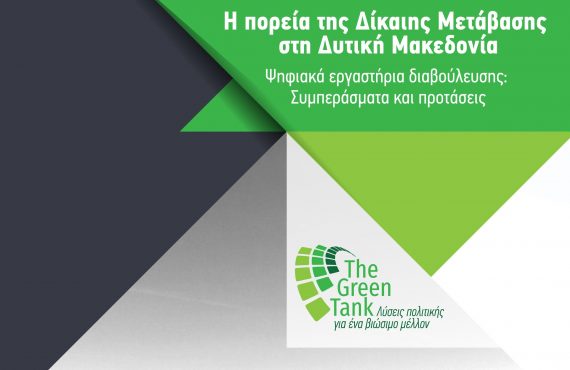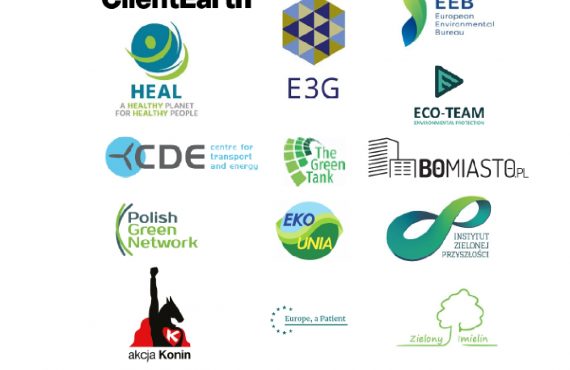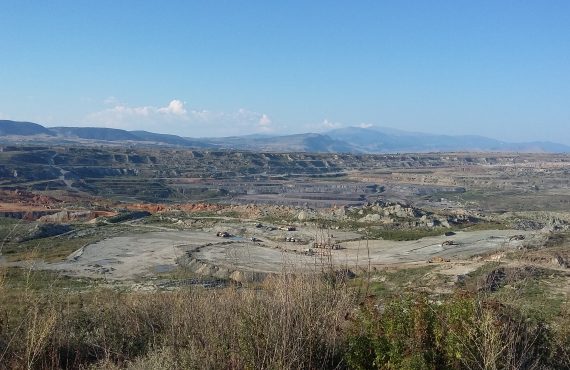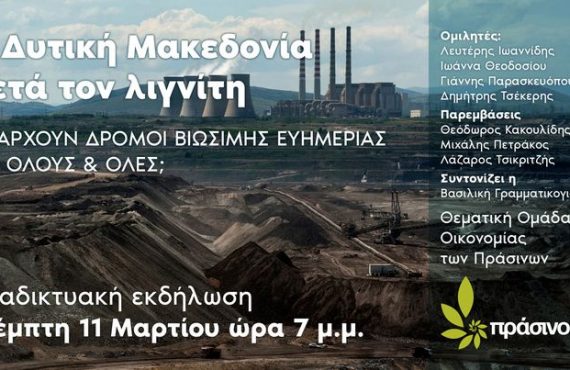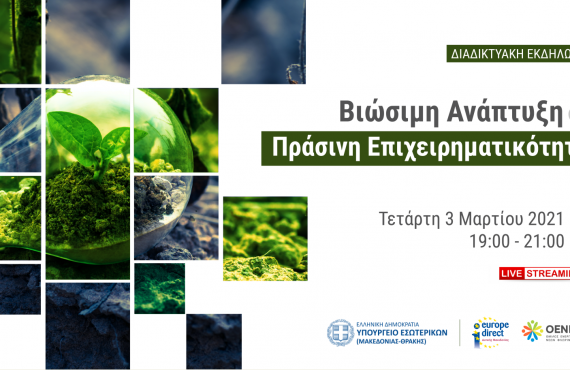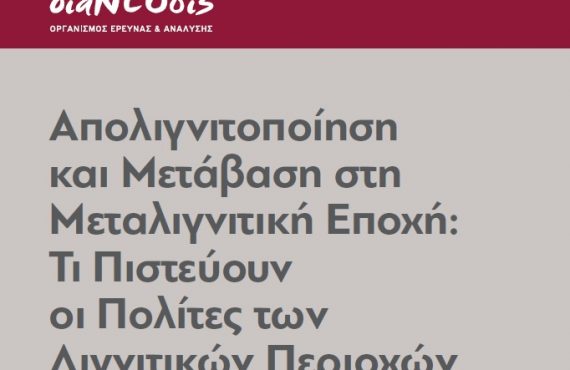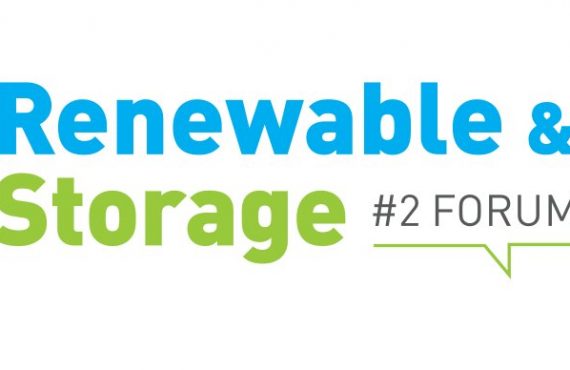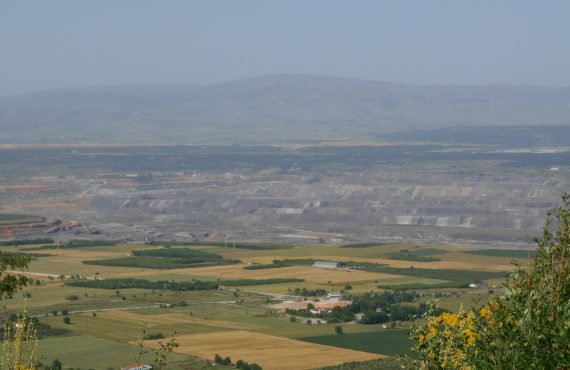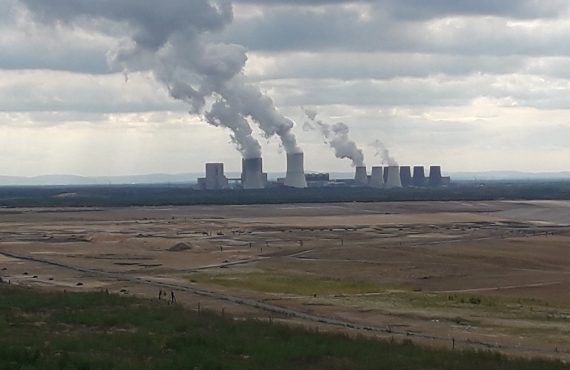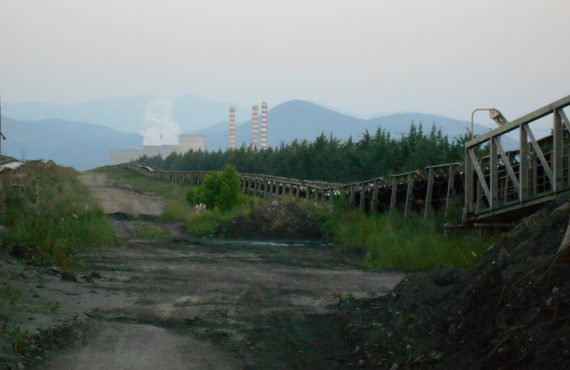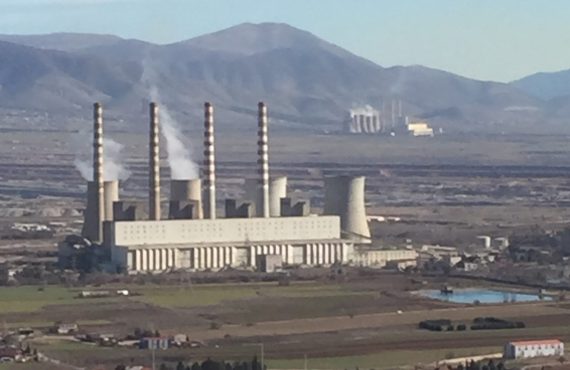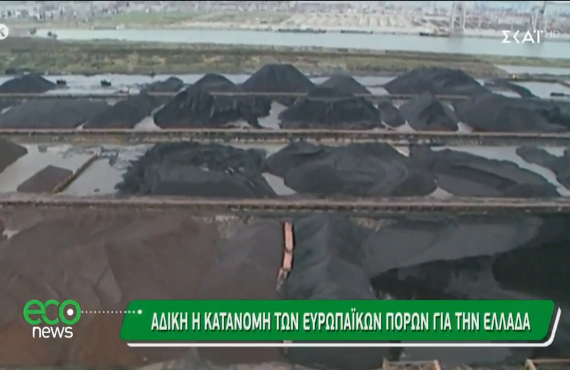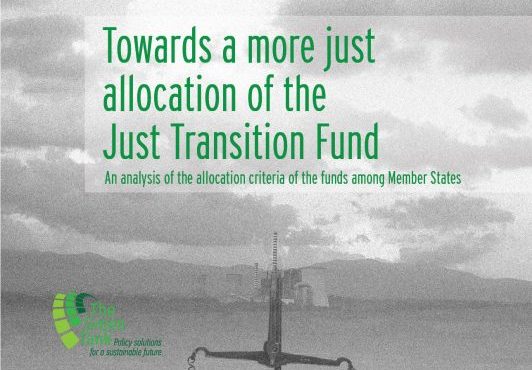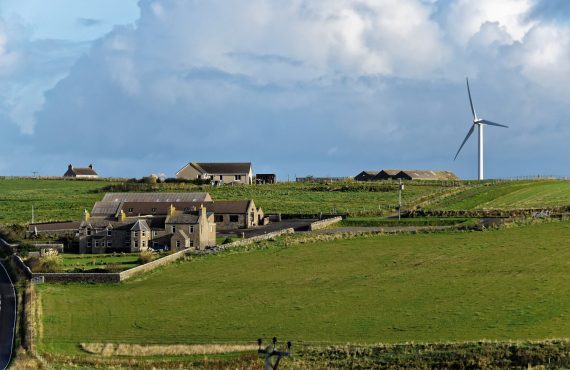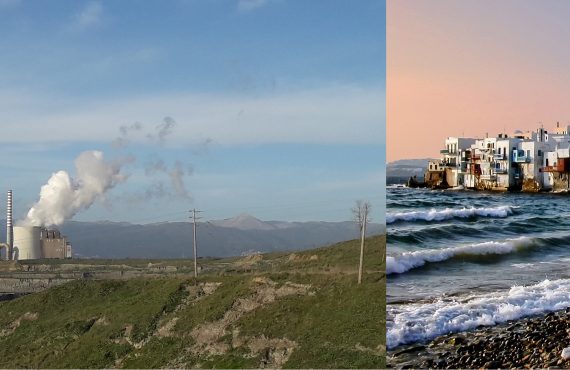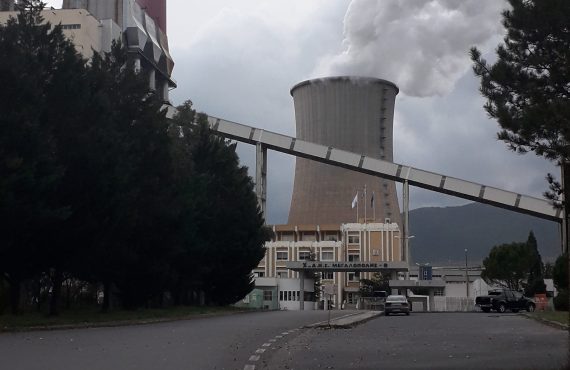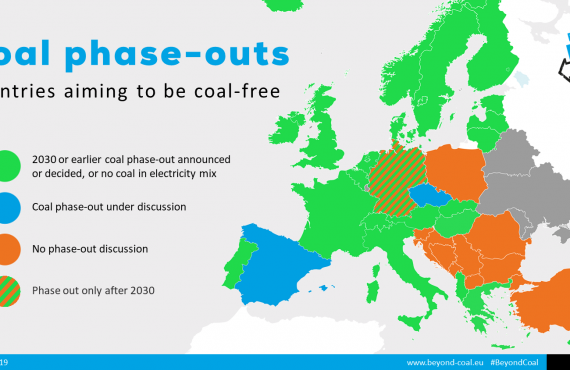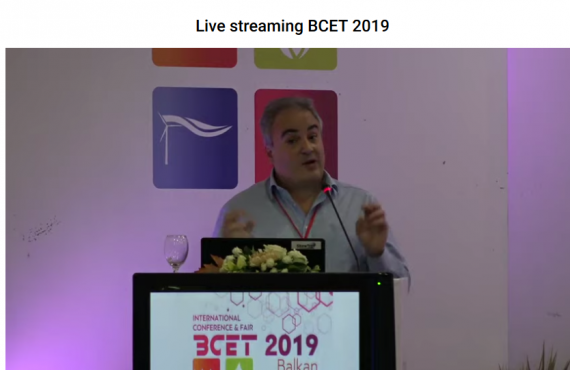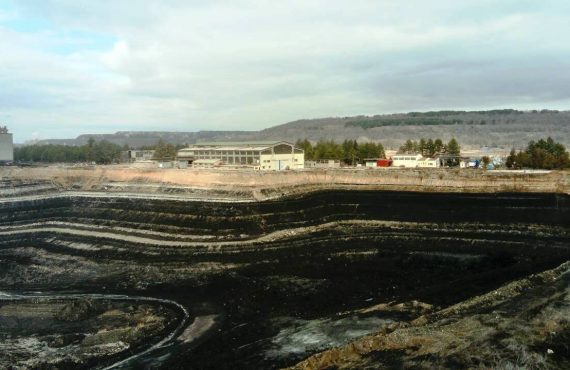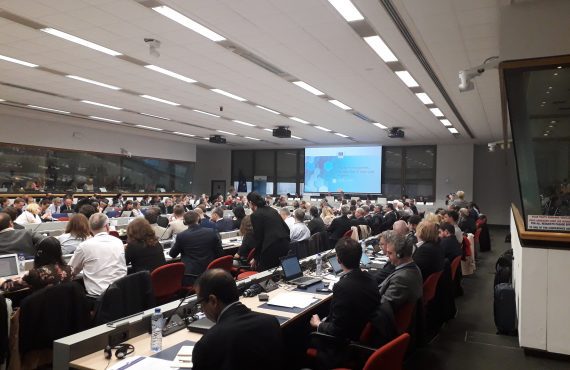The policy developments surrounding Just Transition in Greece and Europe from 2015 to date, the conclusions drawn and the challenges for the future, as well as recommendations on how to address them are documented in a new report published today by the environmental think tank, the Green Tank.
The future of coal regions is at the center of the political scene in Europe, due to the accelerating collapse of lignite production, as well as the channeling of significant financial resources to turn the local economies towards a sustainable trajectory. In Greece, specifically, the decision of a forward-bearing lignite phase out by 2023 makes this challenge even more urgent.
In its new report titled “Just Transition: History, Development and Challenges in Greece and Europe”, the Green Tank documents the history of Just Transition in coal regions since 2015m when the historic Paris Agreement was reached, and up to the most recent developments at the Greek and the European levels.
This review highlights the importance of Greece’s alignment with EU policy trends and compliance with EU legislation, the crucial role of local governments, and mayors, in particular, as well as the value of collaboration and consultation with social and environmental partners.
Despite the progress attained in recent years in Greece, the greatest challenge regarding the transition of lignite areas in Greece is time, as it is impossible to complete the transformation of the local economies so deeply dependent on lignite activity by 2023. But during this period, it is possible to build the most appropriate programmatic and institutional foundations and to secure the necessary funding that will turn the local economies towards a sustainable trajectory for next 15-20 years.
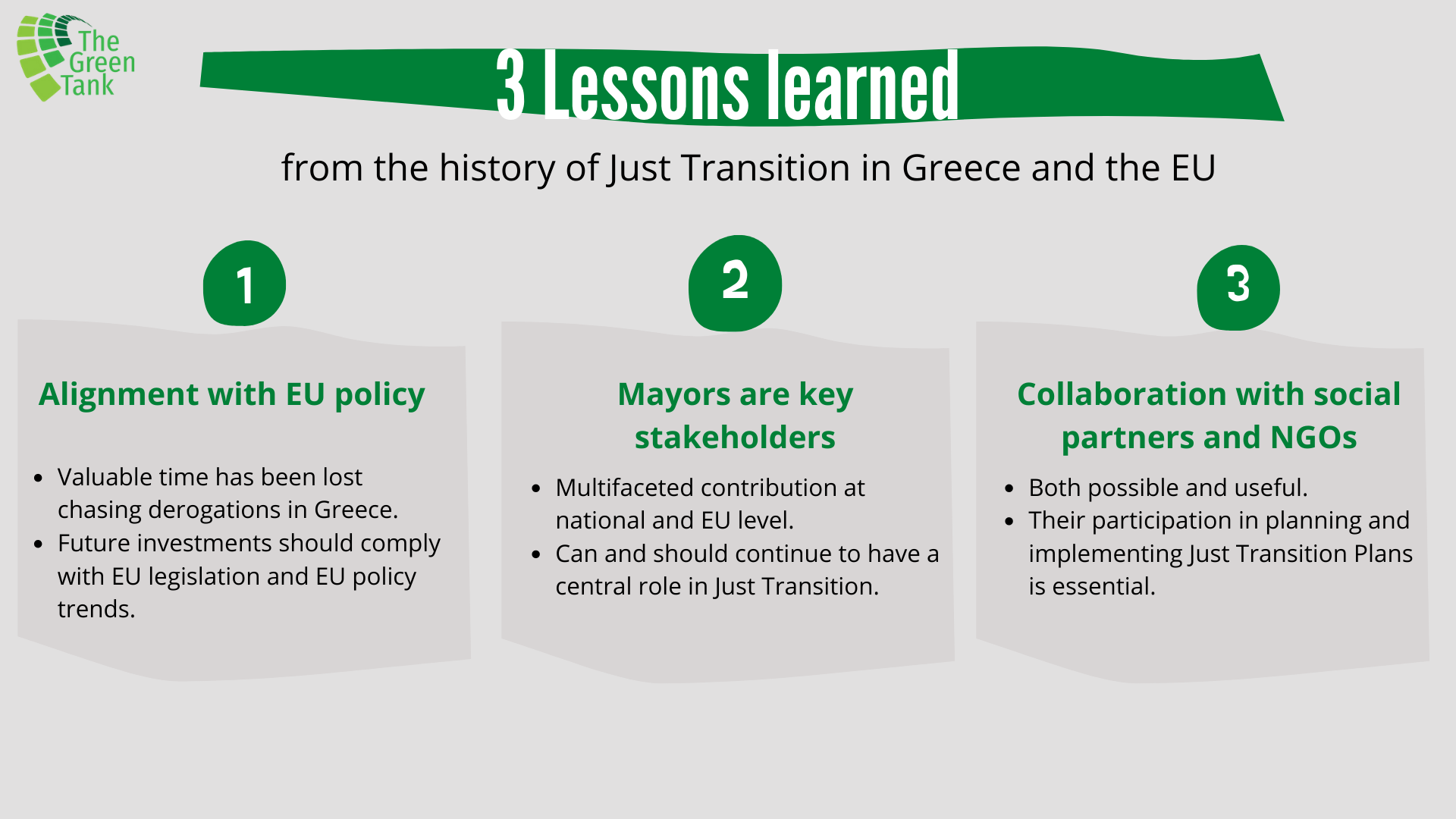
The report concludes with the following recommendations that will help avoid mistakes of the past and will contribute to the urgent need for proper planning of the next day in the lignite areas of the country:

- Cross-party political agreement: Despite differences relating to the timing of the retirement of lignite power plants, it is possible to secure a wide convergence relating to the planning of the next day and joint cross-party asks in the areas of governance, funding and coordinated initiatives at the European Parliament, the Council and the Commission.
- Formulation of ONE sustainable and coherent plan: In the planning underway, regarding the Just Transition Development Plan and the Territorial Just Transition Plans, it is necessary to formulate project selection criteria based on their environmental sustainability and long-term impact on jobs and local added value. It is also necessary to choose a multi-sectoral and differentiated development model instead of a dominant economic activity to replace lignite.
- Participatory planning – Consultation: Regardless of the soundness of any plan, it is of particular importance that it be formulated in a participatory manner based on consultation and transparency.
- Governance system: The governance system that will be called upon to implement the Territorial Just Transition Plans must be simple, transparent, with distinct roles for those participating in the decision-making and balanced in the distribution of responsibilities between the central state, the local government of the lignite areas, employees, professionals, the scientific community and civil society. In addition, a prerequisite for the success of the transition is to ensure continuity in its governance with participation of individuals who are independent of political developments at the local and national levels.
- Funding: The difficult task of transforming the local economies in lignite regions requires a long-term and stable financial framework. At the national level, a cross-party commitment is required to continue funding throughout the decade and to explore the option of channeling funds from the recovery package to lignite regions. At the European level, Greece must seek a change in the allocation criteria of the EU Just Transition Fund.
«The success of the Just Transition in the lignite regions constitutes one of the greatest challenges for our country and, in fact, the success of the EU Green Deal. The Just Transition needs to be strengthened through an open, transparent and multi-participatory system of governance as well as to ensure adequate and stable resources for its financing. An urgent issue in this respect is the modification of the allocation criteria of the European Just Transition Fund so that the funds are directed to those areas that have the greatest and most immediate needs. Following the lignite phase-out decision, Greece is now listed among the most climate ambitious member states of the EU. Now is the moment to turn this ambitious position to a truly sustainable future for the lignite regions,” noted Nikos Mantzaris, Senior Policy Analyst at the Green Tank.
You can read the executive summary of the “Just Transition: History, Developments and Challenges in Greece and Europe” report in English here.
You can read the full report here.
The Green Tank’s full report “Towards a More Just Allocation of the Just Transition Fund” is available here.
